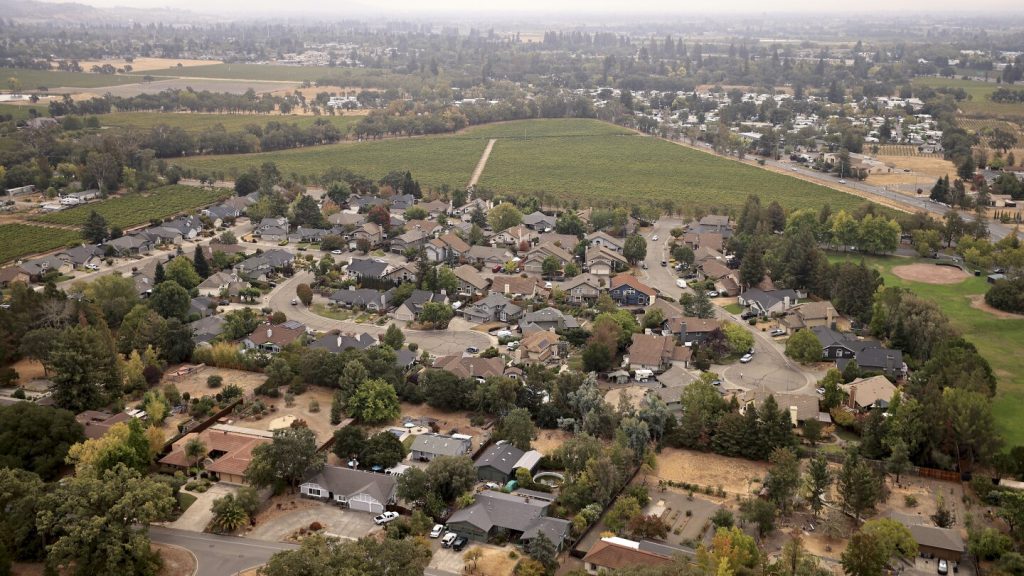A small landless tribe in Northern California, the Koi Nation, has been working for years to acquire land and open a casino to access the lucrative gaming market. Their efforts seemed impossible until a federal court ruling in 2019 allowed them to find a financial partner to purchase land and place it into trust for a casino. Now, the tribe has teamed up with the Chickasaw Nation of Oklahoma and is waiting on approval from the U.S. Department of Interior Secretary Deb Haaland to move forward with building a $600 million casino and resort in Sonoma County.
The Koi Nation’s quest for a casino comes at a time when the U.S. government is working to rectify its history of displacing Indigenous peoples from their land. The tribe must prove a significant historical connection to the land in order to place it into trust, a requirement that has sparked opposition from other tribes and California Governor Gavin Newsom. Despite the challenges, the Koi Nation sees the casino as a way to improve the lives of its members in one of the country’s most expensive regions, providing educational opportunities and economic benefits to the tribe.
The proposed casino would be located near Windsor, not far from other Native American casinos in the area. However, critics like Greg Sarris, chairman of Graton Rancheria, argue that the Koi Nation lacks the necessary historical, cultural, and linguistic connections to Sonoma County to justify their casino project. Sarris accuses the tribe of cherry-picking land already popular with tourists, raising concerns about competition with existing casinos in the region.
The legal landscape surrounding tribal casinos is complex, with regulations governing where and how tribes can operate casinos. The Koi Nation’s attorney argues that their case has a strong legal basis, pointing to a historic trail on the property to support their claim of a significant historical connection. However, opponents like Sarris and Governor Newsom argue that approving the Koi Nation’s casino project would stretch the limits of the restored lands exception and open the door for more casinos in the region.
As the Department of the Interior considers the Koi Nation’s land trust application, it also faces other land trust requests from tribal nations seeking to build casinos outside their ancestral lands. The decision will weigh various factors, including tribal self-determination, economic development, and job creation for the tribe. With California housing the largest tribal gaming market in the country, competition is fierce, and the outcome of these land trust applications could have significant implications for the future of tribal gaming in the state.


